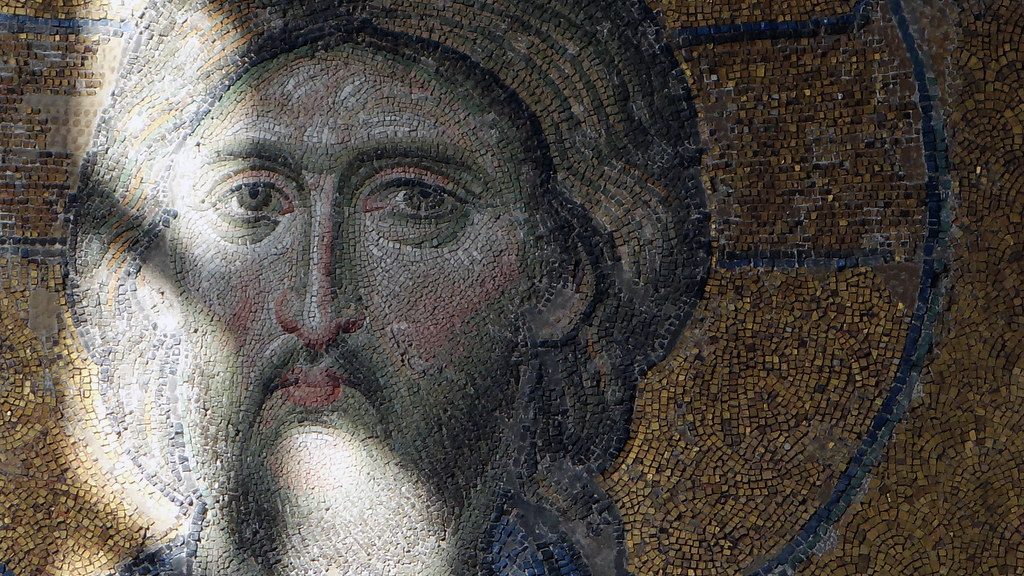Come into the Light
4th Sunday of Lent (Year B)
NOTE: For the 3rd, 4th, and 5th Sundays of Lent, the scrutinities are celebrated for catechumens preparing for baptism this Easter. The readings for Year A are always used at Masses when the scutinities are celebrated, and may be used as an option on these Sundays apart from the scrutinies. The reflection below is on the readings for Year B.
“God did not send his Son into the world to condemn the world, but that the world might be saved through him.”
John 3:17
For whatever reason, a lot of people in the outside world have a dim view of Christianity. They perceive our faith to have “a bunch of rules.” They experience the message of Christ mainly as condemnatory. Maybe they have heard too many fire-and-brimstone sermons. Perhaps their impression of the Church is formed mostly by uncharitable caricatures in the media. Or perhaps they have met Christians in their life who have had condemnatory attitudes.
The lectionary readings for the 4th Sunday of Lent invite us to look past the false impressions we might have of the faith and rediscover the heart of the gospel.
For God so loved the world that he gave his only Son,
(John 3:16-17)
so that everyone who believes in him might not perish
but might have eternal life.
For God did not send his Son into the world to condemn the world,
but that the world might be saved through him.
God did not send His Son into the world to condemn the world, but to save and to restore the world. This is so important. Even when God rightly condemns our sins and transgressions, it is always to call us back to faithfulness and to set things right.
Our first reading this week from 2 Chronicles recounts how the people of Judah were unfaithful to God, even to the point of defiling the Temple by allowing abominations to be practiced there, including the worship of false gods. It is because of this that God allowed the Temple to be destroyed by the Babylonians (as we mentioned in last week’s reflection) and the people sent into exile. But that’s not the end of the story. This Sunday we read how God worked through another foreign people, namely the Persians under King Cyrus, to restore His people and rebuild the Temple.
This historical episode is a microcosm of how God works to restore all peoples and all nations to His grace through the King of Kings, Jesus Christ His Son. But it is not an automatic thing. We have to want it.
God calls us into an intimate relationship with Him, because He loves us. But because He loves us, He won’t force us to be with Him against our will. Instead, He calls us to have faith. So our gospel tells us that those who don’t believe in Christ will be condemned, and in fact are already condemned because they reject God’s free gift of salvation. We need to understand this: Christ doesn’t condemn; it is the absence of Christ that condemns us. Christ saves.
Jesus is the light that has come into the world to illuminate our minds and hearts. Some people prefer to remain in darkness, and God allows that. But that’s not why God sent the light. He sent the light to show us the way of truth, goodness and beauty. He sent the light to show us the way to His heart, and the way to our happiness.
Let us not hide in the darkness, but come into the light so that our works may glorify God and restore us as His sons and daughters in Christ.

